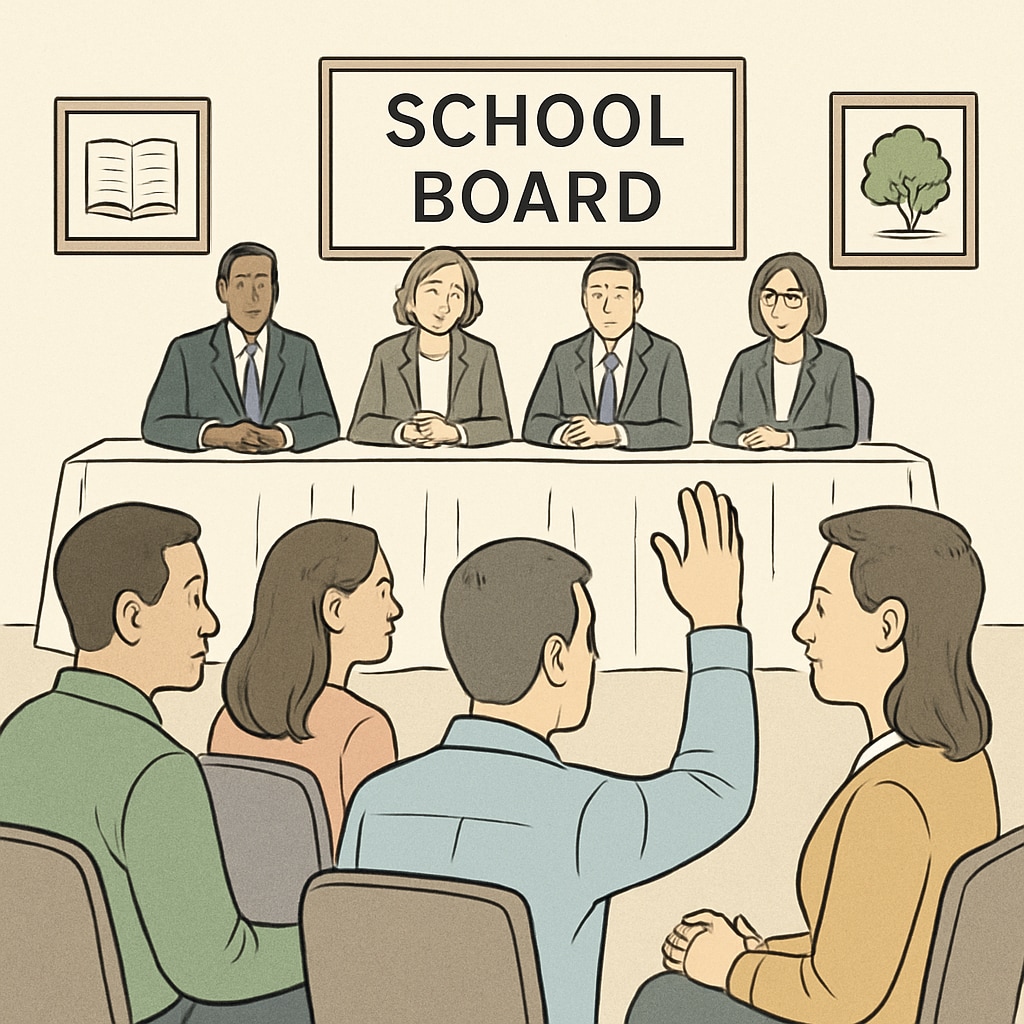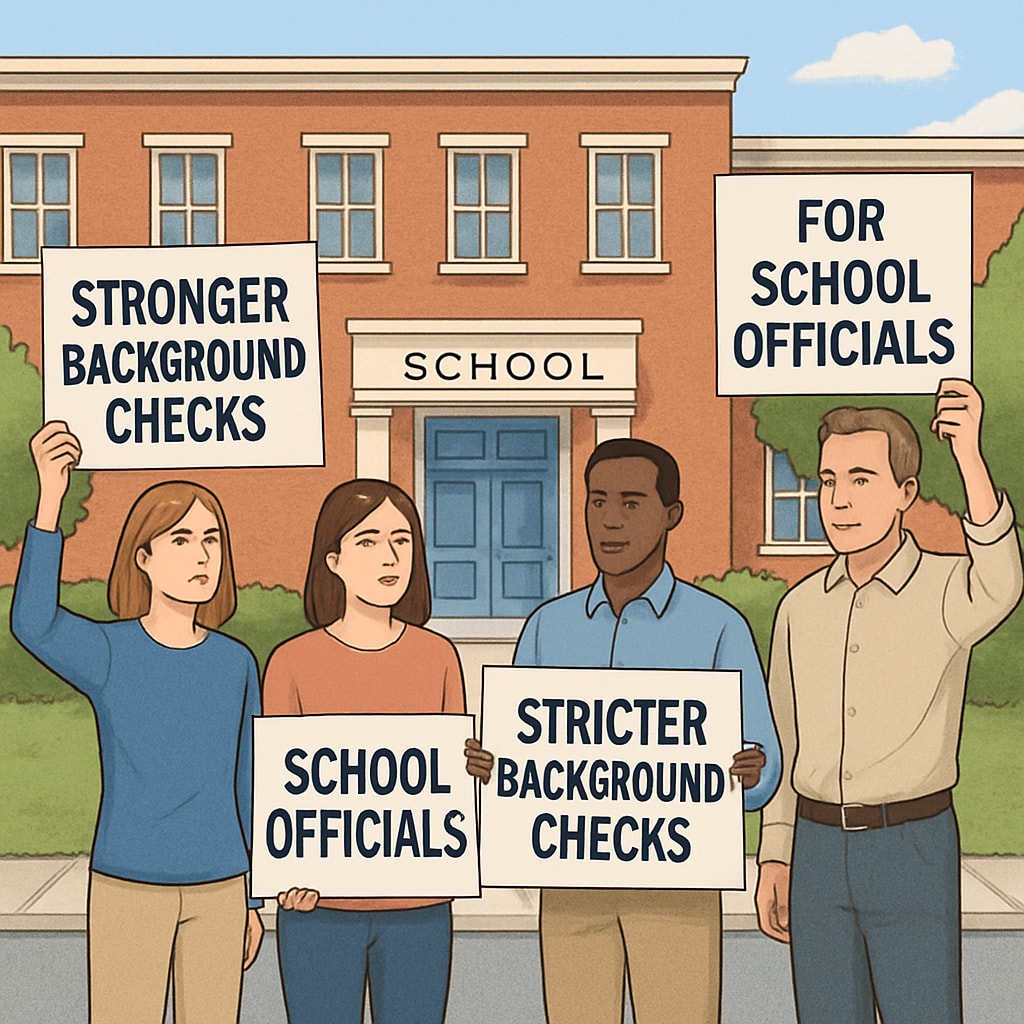Recent protests in a small Maine town have brought national attention to the issue of school board governance and child safety. The community expressed outrage when a person with a history of violent crime was appointed to the school board, raising concerns about the adequacy of background checks and ethical standards in school administration. This incident has highlighted the tension between respecting legal rehabilitation and protecting the welfare of children in educational institutions. The debate underscores the critical role of community action in shaping school governance policies.
Understanding the Role of Background Checks in School Governance
School boards are entrusted with the responsibility of creating policies that directly impact the safety and quality of education for students. Given this significant role, the qualifications and backgrounds of board members come under scrutiny. For individuals with a history of violent crimes, the question arises: Can past actions undermine trust, even if legal penalties have been served?
Background checks are a common method for ensuring that individuals in positions of authority are suitable for the role. However, these checks vary widely by state and district, with some failing to include thorough screenings for criminal history. This inconsistency can allow individuals with concerning pasts to occupy decision-making roles, potentially jeopardizing community trust and student safety.

The Ethical Debate: Rehabilitation vs. Child Safety
The Maine incident has sparked a national conversation about the balance between rehabilitation and safeguarding children. Advocates for rehabilitation argue that individuals who have served their sentences deserve a second chance to contribute to society. However, critics maintain that positions involving children demand the highest ethical and safety standards, leaving no room for compromise.
For example, organizations like Britannica emphasize the importance of trust in school board leadership. A lack of transparency or perceived risks can erode community confidence, making it harder to implement effective educational policies. As a result, communities often feel compelled to intervene when they perceive a threat to child welfare.
Community Action and Its Role in School Safety
In Maine, community protests have become a powerful tool for holding school boards accountable. Parents and local residents have the right to voice concerns about decisions that could impact their children’s safety. These protests not only bring attention to governance issues but also encourage reform in the vetting process for board members.
Community action can take several forms:
- Organizing town meetings to discuss concerns openly.
- Petitioning for stricter background checks for school officials.
- Advocating for policy changes at the state level to standardize screening processes.
These collective efforts ensure that the voices of concerned citizens are heard and that school governance aligns with community values.

Proposed Reforms to Balance Accountability and Safety
To address the concerns raised by incidents like the one in Maine, several policy reforms could be implemented:
- Standardizing background checks for all school board members across the country to include comprehensive criminal history reviews.
- Establishing clear ethical guidelines for individuals seeking election to school boards, with specific provisions addressing past criminal behavior.
- Creating avenues for community oversight, such as public forums or advisory committees, to ensure transparency in decision-making.
These reforms would not only enhance child safety but also restore public confidence in school governance.
For further insights on school governance standards, resources like Wikipedia provide comprehensive overviews of the responsibilities and challenges faced by school boards.
Conclusion
The protests in Maine have brought to light significant gaps in the way school board members are vetted and held accountable. While legal systems advocate for rehabilitation, the unique responsibilities of school governance demand a higher standard of scrutiny. By combining stricter background checks, ethical guidelines, and active community involvement, schools can ensure that the safety and well-being of children remain the top priority. Ultimately, these measures will help bridge the gap between rehabilitation and accountability, fostering a safer and more transparent educational environment.
Readability guidance: This article uses clear and concise language, short paragraphs, and structured subheadings to ensure accessibility. Key points are summarized in lists, and over 30% of sentences include transitions for smoother reading.


